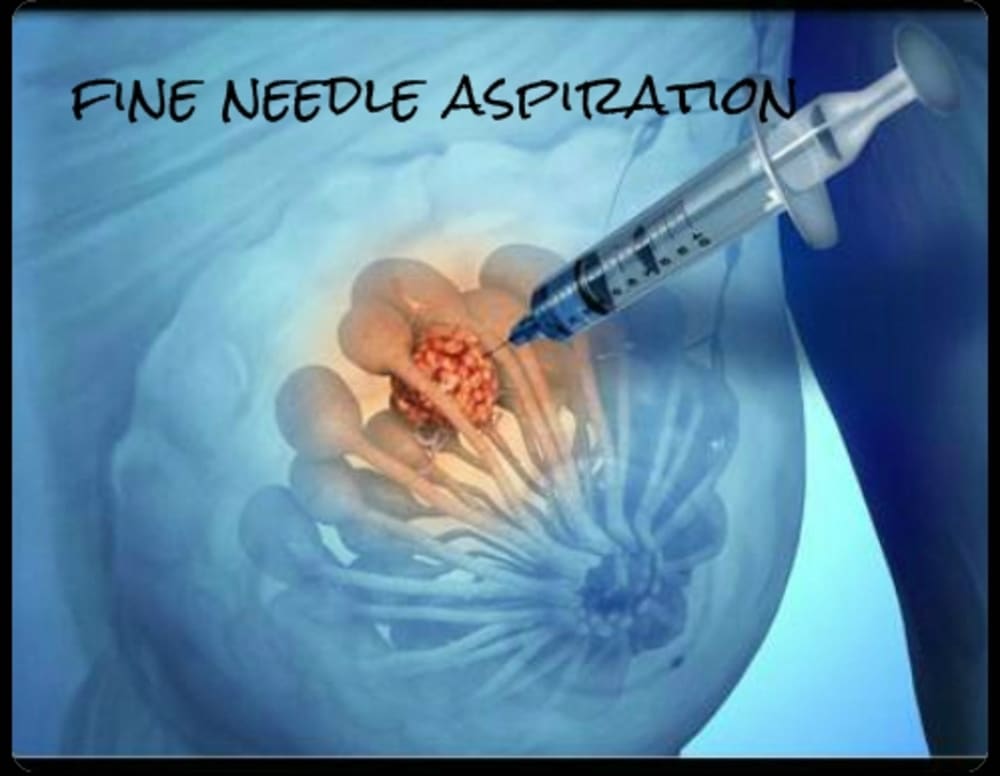POTENTIAL CANCER TREATMENT WORTHY OF INVESTIGATION
Purpose: The purpose of this suggested research is two-fold: (1) To find an effective treatment for breast cancer, and; (2) find a treatment method less debilitating than chemotherapy, or at least a supplementary procedure to chemotherapy that reduces debilitating effects. This suggested preliminary research is within the scope of undergraduate projects and affordable within small grants budgets.
Targeted Acetone Poisoning
Acetone occurs naturally in the body, and is metabolized by the liver. Excessive amounts of acetone can cause acetone poisoning, a condition called ketoacidosis. Type II diabetics sometimes develop Diabetic Ketoacidosis (DKA) and hyperglycemia. Patients with DKA have marked fluid and electrolyte deficits, which inhibit cell function, and death can result in acute cases.
Localized poisoning of cancerous tissue via hypodermic injection of acetone into the tumor mass should affect cell replication and tumor growth. While the quantitative dosage (according to estimated tumor mass) should be extraordinarily high locally, in comparison to normal levels in the body, it can be metabolically manageable in terms of the ratio to the overall body mass, and not a significant danger in itself. Direct prolonged infusion by a drip needle should also be possible in most cases, if necessary to regulate dosage.
Although the objective of this proposal is the treatment of localized tumors, such as are found in breast cancer, etc., increased acetone levels in the blood may also inhibit blood and bone cancers, while remaining within the metabolic tolerance of the body, especially if accompanied by supporting procedures such as oxygen therapy. Acetone poisoning in industrial environments caused by ingestion or prolonged inhalation of vapor is often treated with oxygen therapy to aid the lungs in scavenging acetone from the blood. Patients undergoing the cancer treatment suggested herein may benefit from oxygen therapy as well.
An experiment, and a series of experiments if results show promise, should be conducted, first on cultured cancer cells, and then on animals. Acetone is in common use, inexpensive, and relatively safe to handle in the laboratory environment.
For further information, contact:
Oscar L. Fellows
Fellows Research Group, Inc.
112 Clear Springs Rd.
Georgetown, Texas 78628-2611
(512) 864-2097
frg@suddenlink.net
Like this entry?
-
About the Entrant
- Name:Lee Fellows
- Type of entry:individual
- Software used for this entry:DesignCAD
- Patent status:none

